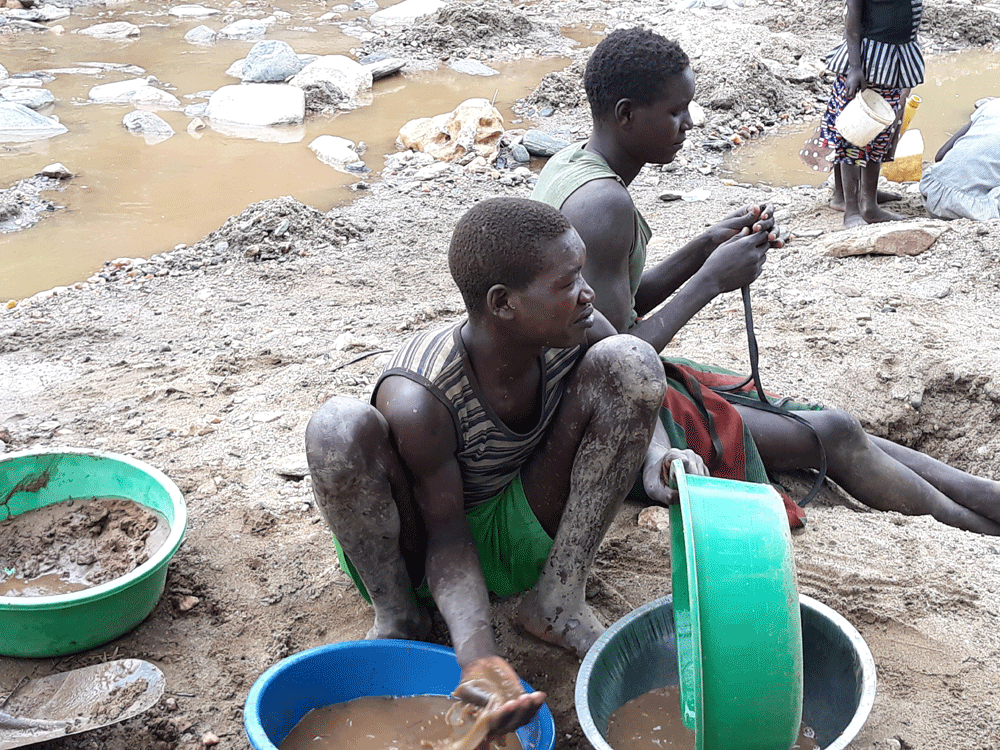Prime
Earn from animal housing units at your homestead

Prof Alex Ariho shows rental units in agriculture to FAO Country Director Antonio Querido/PHOTO/Rajab Mukombozi
What you need to know:
Building rental housing units is not just for humans. You can set up animal structures and put them up for rent to aspiring farmers who have no space or those who require the space for a given period of time only.
When one speaks of rentals, most people’s minds race to housing units for people but do you know you can construct agricultural rental units and earn handsomely at your homestead?. Rentals in agriculture provide an opportunity for the landless in towns to earn a living but also the unemployed people especially the youth.
Professor Alex Ariho, the director of Excel Hort Consult Agribusiness Incubator (ECHAI) Ltd who also owns agricultural rentals at ECHAI home in Biharwe, Mbarara City, says like any other business ventures, agricultural rental units can pay handsomely.
“Whereas rental units in agriculture can be an ideal investment at your homestead, especially in urban areas where land is very scarce, it is also an employment opportunity and a good start up for those with little income, especially for the youth. Luckily, even the tenants can quickly reap the benefits because of the increasing demand for food in urban areas,” explains Prof Ariho.
He says like constructing the other rental units for accommodating people, when constructing agricultural rental units you need to have a professional to guide you and make sure these rentals are of the required standards and suitable for the inputs you want to accommodate there. Factors to consider are the site location and construction plan.
Professor Ariho explains that when constructing a rental unit for pigs, the site should be at an elevated place that cannot be affected by flooding, should be protected from sunshine, have fresh air, be far away from residences (around 8-10 metres away) and have reliable water.
He adds that this unit should be comfortable for pigs with good ventilation, ample shade, with no overheating, foul smell or dampness.
Professor Ariho adds that like other rentals, you should not underestimate keeping agricultural rentals in good shape and that this may include regular repair and upkeep.
“Keeping everything in your property up to the standard is critical for safety of inputs of your tenants, if you feel taking care of your agricultural rental units will be a challenge for you then appoint a rental manager,” explains Professor Ariho.




